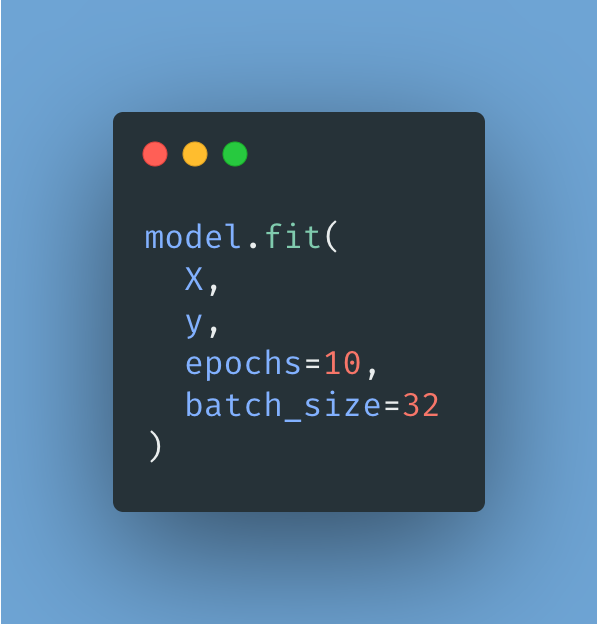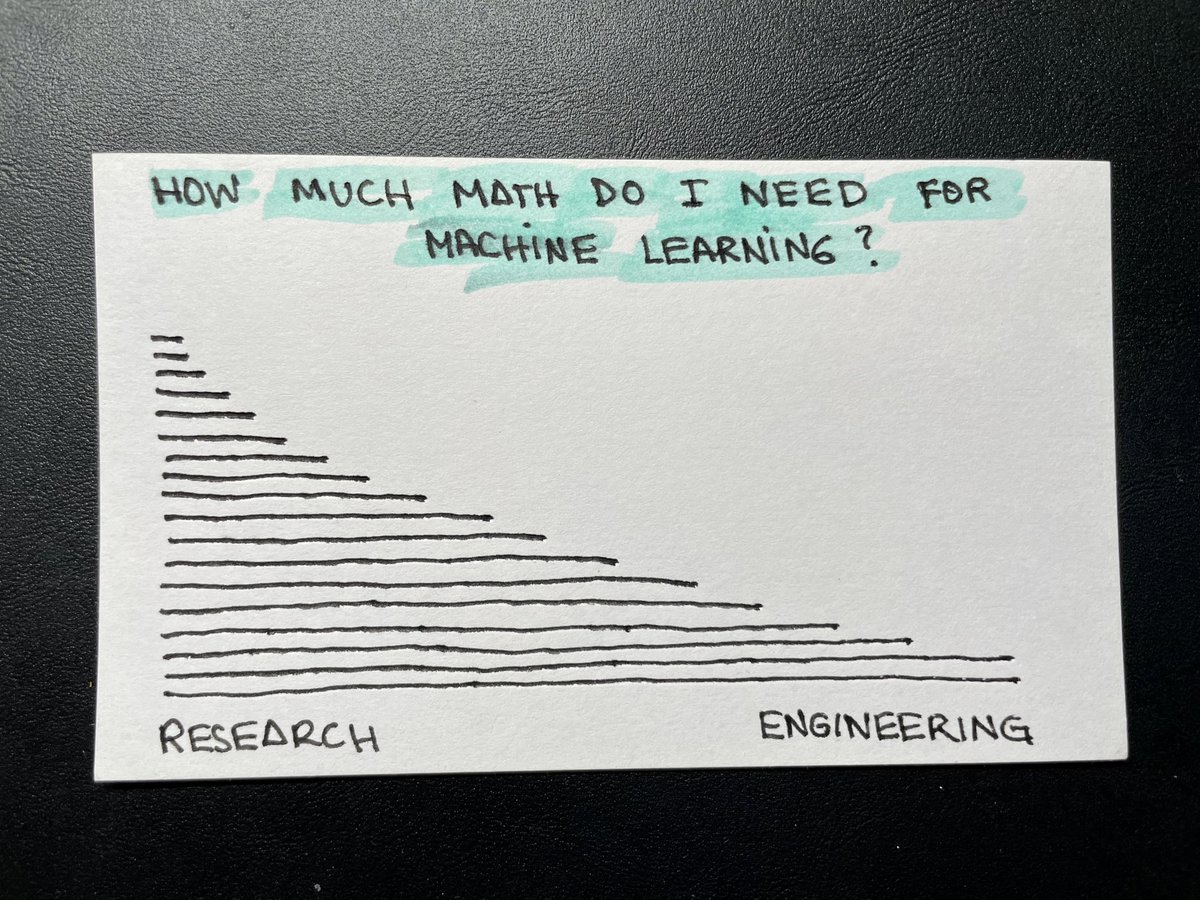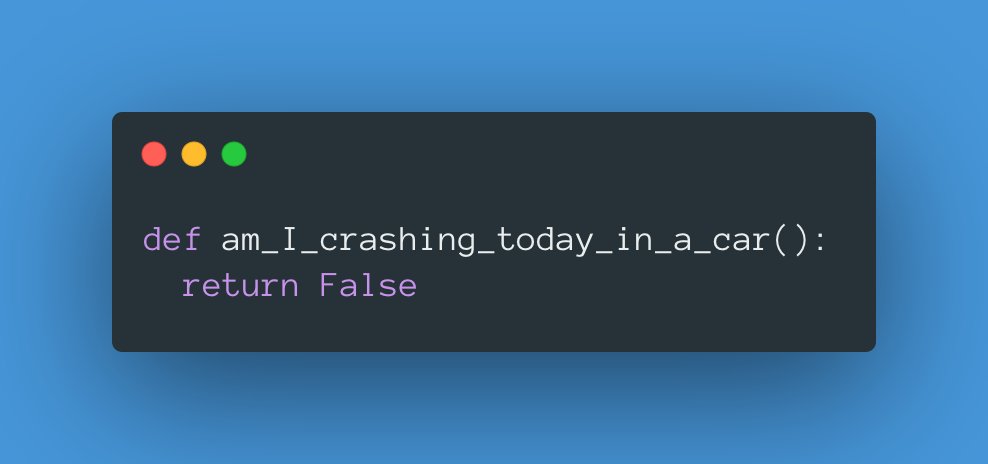
Interviews aren't broken.
A lot of people complain about them, yet few have any experience hiring.
This is a rant full of my own biases and limited perspective —a break from machine learning threads.
🧵👇
A lot of people complain about them, yet few have any experience hiring.
This is a rant full of my own biases and limited perspective —a break from machine learning threads.
🧵👇
Building a team is incredibly hard.
Building a good team is even more challenging.
Building a good, diverse team is a nightmare.
👇
Building a good team is even more challenging.
Building a good, diverse team is a nightmare.
👇
Imagine you are starting a new company and you need a couple of developers.
▫️ Where do you find them?
▫️ How do you know they are any good?
▫️ How much do you pay them?
How do you make somebody come and work for you, a nobody?
👇
▫️ Where do you find them?
▫️ How do you know they are any good?
▫️ How much do you pay them?
How do you make somebody come and work for you, a nobody?
👇
You can't just throw money at them because you barely have any.
Your talent pool is minimal because you don't live in Silicon Valley.
Most importantly, you don't even know how to tell apart a good developer from a bad one.
👇
Your talent pool is minimal because you don't live in Silicon Valley.
Most importantly, you don't even know how to tell apart a good developer from a bad one.
👇
What do you do?
Recruiters? They may help.
Unless they don't and send you the first warm body they have on speed dial.
This happens —many times.
👇
Recruiters? They may help.
Unless they don't and send you the first warm body they have on speed dial.
This happens —many times.
👇
Many of those "crazy" job postings that you find online come from companies that don't know how to find good developers.
It isn't an evil CEO trying to hire a rocket scientist with 20 years of experience for a junior position.
A lot of the time, they don't know better.
👇
It isn't an evil CEO trying to hire a rocket scientist with 20 years of experience for a junior position.
A lot of the time, they don't know better.
👇
By the way —making a parenthesis here—, most candidates laugh at these posts, assume the worst, and pass.
This is a mistake.
It would take a single conversation to realize that most of these companies have good intentions and just don't know what they are doing.
👇
This is a mistake.
It would take a single conversation to realize that most of these companies have good intentions and just don't know what they are doing.
👇
If you took that call, you could become the person who builds that team from scratch!
Where would you find a better opportunity to build a great career?
Of course, you didn't see this because you were too busy bashing the company on Twitter to get 100 likes on your post. 😐
👇
Where would you find a better opportunity to build a great career?
Of course, you didn't see this because you were too busy bashing the company on Twitter to get 100 likes on your post. 😐
👇
Getting back to the original rant, 10 years ago, at my company, we hired a few developers based on the following criteria:
▫️ They had a computer
▫️ They were motivated to learn
That's it. Literally.
Developers with zero development knowledge.
👇
▫️ They had a computer
▫️ They were motivated to learn
That's it. Literally.
Developers with zero development knowledge.
👇
Was that a dumb decision? Maybe.
At the time, we were desperate. We tried hard to recruit. But we came back empty-handed every time.
Some of those hires flopped. Some thrived.
👇
At the time, we were desperate. We tried hard to recruit. But we came back empty-handed every time.
Some of those hires flopped. Some thrived.
👇
We grew. We made money. We started working with big clients.
We went from zero interest to a few dozen applications for every open position.
Both extremes are problematic.
We had to make our interview process harder.
👇
We went from zero interest to a few dozen applications for every open position.
Both extremes are problematic.
We had to make our interview process harder.
👇
No, we never asked for how many ping-pong balls fit in a bus.
But we started adding some structure to our interview process and started asking tough questions.
Reasonable, but challenging.
👇
But we started adding some structure to our interview process and started asking tough questions.
Reasonable, but challenging.
👇
When you get 30 applicants for one position that you needed to fill yesterday, you need to find ways to trim the list.
You have to be efficient. You have to be decisive.
You can't afford to give 30 people 90-day contracts to decide who's the best.
👇
You have to be efficient. You have to be decisive.
You can't afford to give 30 people 90-day contracts to decide who's the best.
👇
Another misconception: "Ask for a Python developer with AWS experience, and that's what you will get."
No, you won't.
A lot of people don't care about the job postings. They blast their resumes to every single place that'll take it.
You are left to deal with that.
👇
No, you won't.
A lot of people don't care about the job postings. They blast their resumes to every single place that'll take it.
You are left to deal with that.
👇
I've gotten many applications from grossly unqualified people. Those make the process worse for everyone else, but they are easy to weed out.
Others are equally unqualified but interview really well. Those are a nightmare. (False positives are the worst.)
👇
Others are equally unqualified but interview really well. Those are a nightmare. (False positives are the worst.)
👇
Let me make a pause for a second:
You spend weeks setting up a fair interview process, hours crafting a good job post, and money to put it out there.
And a lot of people don't even spend a second reading it and send their applications anyway...
👇
You spend weeks setting up a fair interview process, hours crafting a good job post, and money to put it out there.
And a lot of people don't even spend a second reading it and send their applications anyway...
👇
...and then, as soon as you ask them a programming question, it turns out that you suck because "it doesn't represent what the real work is"?
Really?
You would think that READING is indeed part of the job, and yet...
👇
Really?
You would think that READING is indeed part of the job, and yet...
👇
I've always worked in small companies.
Can you imagine hiring people when you are Google, Amazon, Microsoft, Netflix, Apple, ...?
How many applicants do they get?
How do you decide who is good and who isn't?
👇
Can you imagine hiring people when you are Google, Amazon, Microsoft, Netflix, Apple, ...?
How many applicants do they get?
How do you decide who is good and who isn't?
👇
No, when you are a large company, you can't design your interview process based on "what the real job looks like" because you don't know what that will be!
Heck, even for small companies, that's very hard to determine beforehand!
👇
Heck, even for small companies, that's very hard to determine beforehand!
👇
Here is something important, however:
There's a huge problem with diversity in our industry.
Everyone —small, medium, and large companies— must do more to ensure we build more diverse teams.
👇
There's a huge problem with diversity in our industry.
Everyone —small, medium, and large companies— must do more to ensure we build more diverse teams.
👇
The solution is not to wait for women and minorities to come and knock on our door.
We must reach out and actively make diversity a priority across our industry!
We must!
👇
We must reach out and actively make diversity a priority across our industry!
We must!
👇
If you are actively looking for a job:
Complaining because some companies "ask tough questions" will not get you hired.
It means they have a lot of demand. It's a good thing they are building a good team!
👇
Complaining because some companies "ask tough questions" will not get you hired.
It means they have a lot of demand. It's a good thing they are building a good team!
👇
If you aren't into those questions, you can always apply for a smaller company.
Lower compensation, fewer benefits, but hey! An easy interview process!
There are a lot of choices out there.
👇
Lower compensation, fewer benefits, but hey! An easy interview process!
There are a lot of choices out there.
👇
Don't forget to start reaching out to those "ridiculous" job postings.
99% of people are laughing at them on Twitter. Be the one that gets the job!
👇
99% of people are laughing at them on Twitter. Be the one that gets the job!
👇
If you are building a team, I see you 👀! It's a lot of work.
Keep working at it, and hire more people that don't look like you!
(And throw away every resume from those who clearly didn't read the application.)
Keep working at it, and hire more people that don't look like you!
(And throw away every resume from those who clearly didn't read the application.)
• • •
Missing some Tweet in this thread? You can try to
force a refresh









